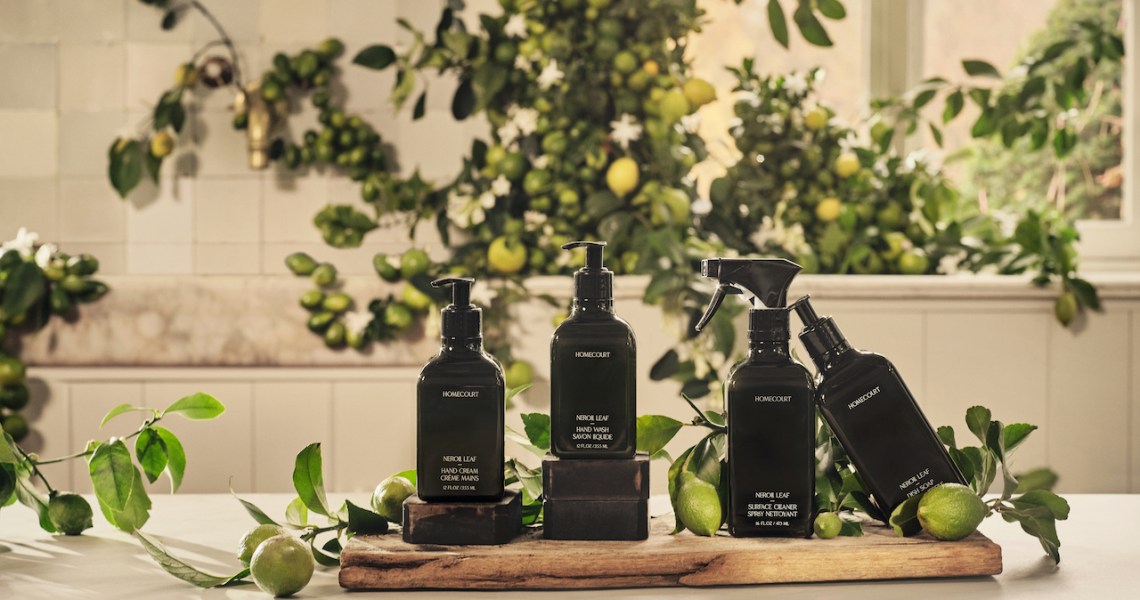Throughout this week and into next, Glossy is running a series of stories on how the fashion and beauty industries are preparing for a potential recession. We’ll dig into how companies plan to manufacture, fundraise and run a retail fleet when the economy suffers.
In a volatile economic situation, everyone is affected.
But early-stage beauty startups are more vulnerable than most. Whether it’s a lack of resources at their disposal when finessing deals with suppliers or a challenge to create a strong connection with customers, smaller and less established brands face more risk. And with the economy likely veering into a recession, smaller venture capital firms are not immune, either. In an economic downturn, they’re likely to pull back on actively investing, in order to offer more support to their existing brand investments. Jobi Capital is one such smaller venture capital firm, which also operates a celebrity- and influencer-brand incubator called Jobi Brands. Jobi Brands recently developed and launched Courteney Cox’s new Homecourt home cleaning brand. Jobi Capital invests in consumer brands, including U.K.-based baby clothing brand Mori and Kate Hudson’s Inbloom nutritional supplements brand, through Seed and Series A funding.
Ryan Nelson, partner at Jobi Capital, spoke with Glossy about how smaller VC funds are navigating economic volatility, how this impacts smaller brands and why Jobi is interested in incubating its own brands.
How much do economic issues, like a recession, impact your investing strategy?
“We think about the long term, but when we talk about new investments, everything we do is assess risk versus reward. When times are tough, the risk is much higher. For new companies, it becomes challenging across a couple of different [areas] like supply chain shortages. And young companies also don’t have as established relationships with their consumers. When you’re evaluating these companies, they haven’t been through a [poor economic] cycle before, so you don’t know how they will manage their cash efficiently or if they’ll attain the same level of revenue growth.
Jobi is not as large of a fund as some other mega consumer funds, so we automatically need to be more conservative and selective. In a downturn like this, the focus is more on ensuring that our existing portfolio companies are well-positioned. We want to hold back funds so that if those companies get in trouble, we can help support them.”
How has the investing landscape changed?
“When we’re building brands and looking to invest in brands, we like to see that they’re growing efficiently and no longer pursuing a grow-at-all-costs model. The reality is that [that approach is] cyclical; at the end of the day, you get [investment firms] competing for hot deals, and then when those companies take the money, they need to show that they’re deploying it to grow the valuation.
You may start to see bridge rounds [in this economy], where existing investors are stepping up. That’s going to be pretty standard. I expect to see smaller funds pulling back. Valuations are going down for various reasons — for example, [comparable companies] and interest rates affecting [future estimated] terminal values. At some point, people will see valuations looking very attractive [again], and then you might see deal activity picking up again. And in a recession, maybe some competitors end up closing because they can’t handle the environment. There will be clear winners in certain fields, and investors will want to get behind them.”
What are the current challenges in this economic environment for young brands?
“Young brands probably rely on smaller funds and investors, and maybe high-net-worth individuals. In tough economic times, those are some of the investor types that are affected more and become more selective. Massive VCs with massive war chests [are fine], but they need to do larger deals that are later stage to deploy their capital efficiently.”
What role does brand incubation now play with Jobi?
“[Jobi is] more active in brand incubation now. We launched the incubator around two years ago, and that’s when the shift [toward it] started to happen. We were looking for [market] signals and assessing whether a consumer brand would become the next big thing. In 2019, we noticed that tying up with a celebrity or influencer can put brands on the [sales and awareness growth] map much faster. Ultimately, it’s not sufficient to guarantee success, but it can help speed up the path to the first few million in revenue for a company.
And with many consumer companies [we invest in], the [founders and CEOs] have to learn and face similar challenges. We thought, ‘Why don’t we incubate our own brands, and help them get on the best foot possible by designing [the team] from the start, and [partner with] a celebrity or influencer?’ The economics are better, too, because we take some sweat equity.”
What types of brands are you looking to incubate?
“The [medical] aesthetic space is something that we’re very interested in. Influencers, and particularly the Kardashians, have made aesthetics more accepted. Many people are getting it done, to a certain extent, or are starting to dabble in this space. We’re trying to think of interesting models where we can make it easier for people [to access] more information. Given how tough it is for consumer brands to stand out, one of the trends that we see is brands taking a stand or trying to be thought leaders in their space. We’re thinking about how [an aesthetics business] can take a point of view or stand for something, but also put out information to help people make more informed decisions.”




